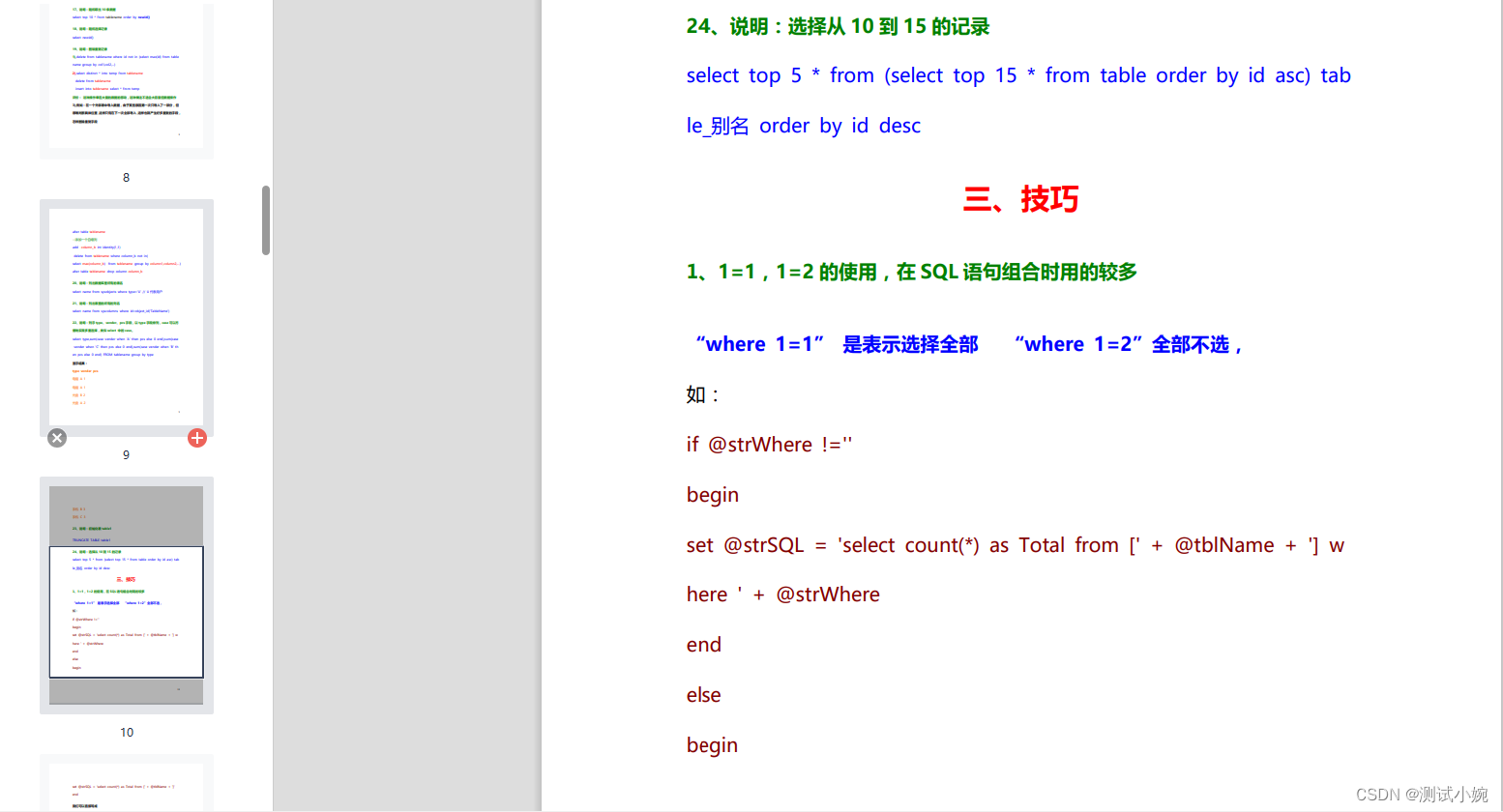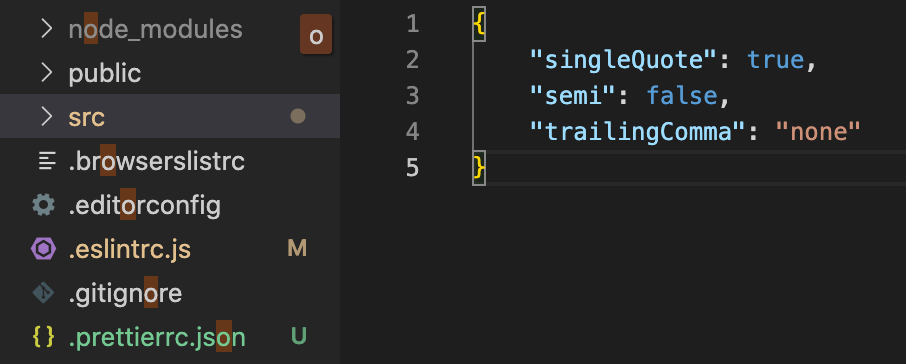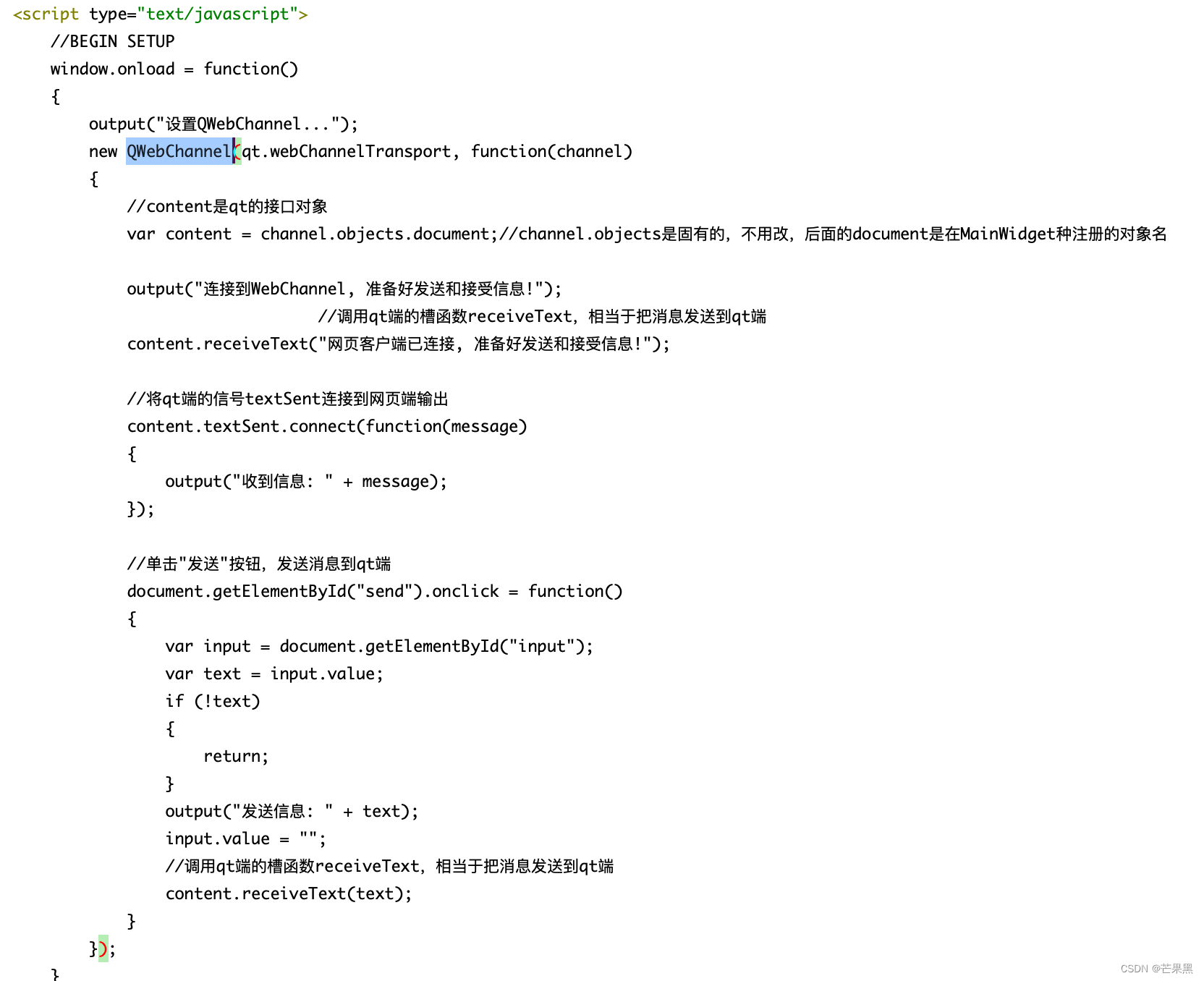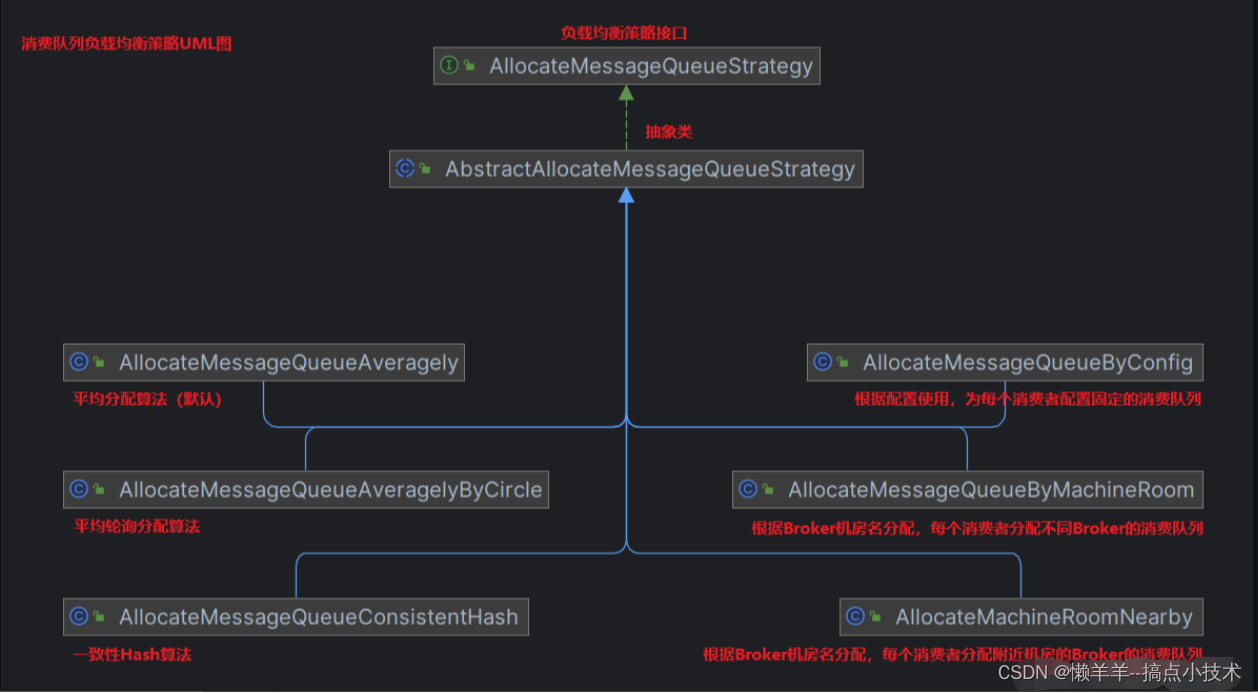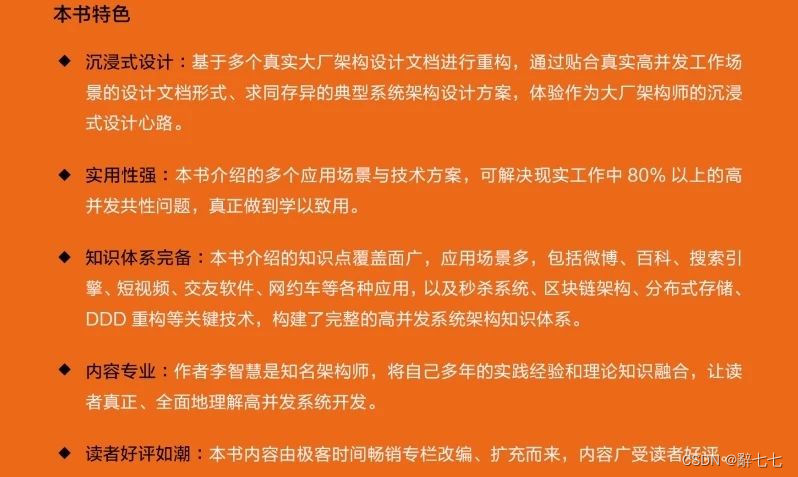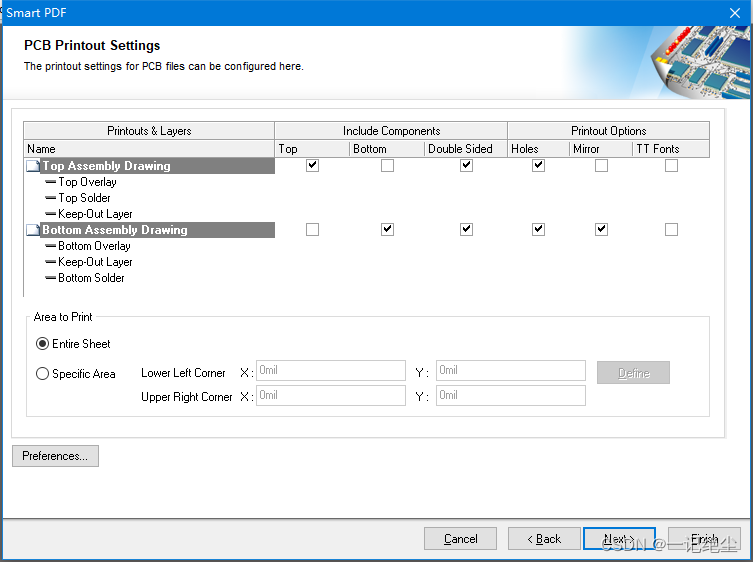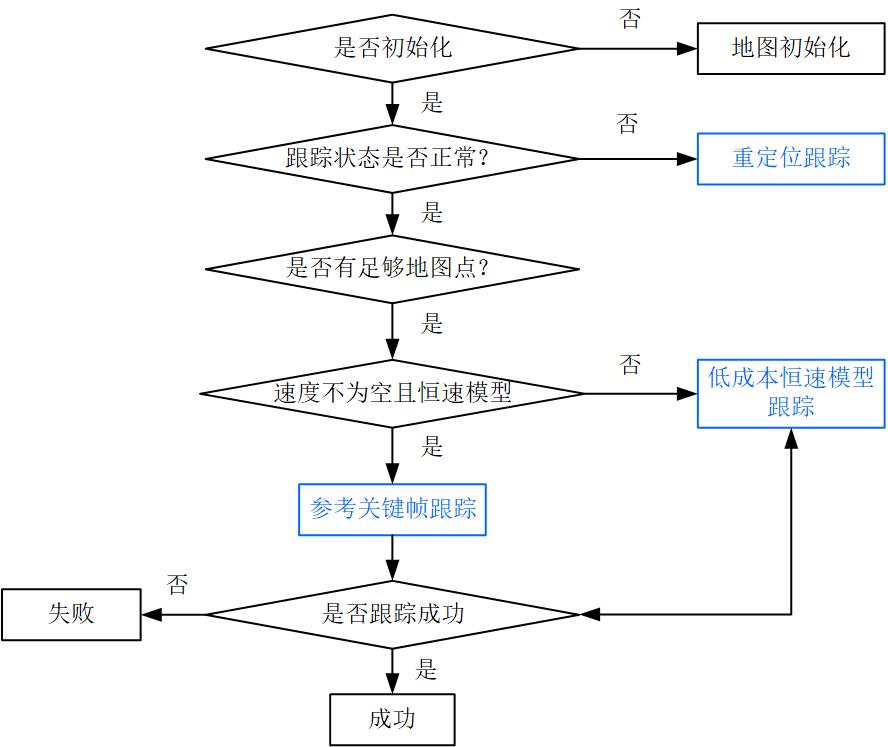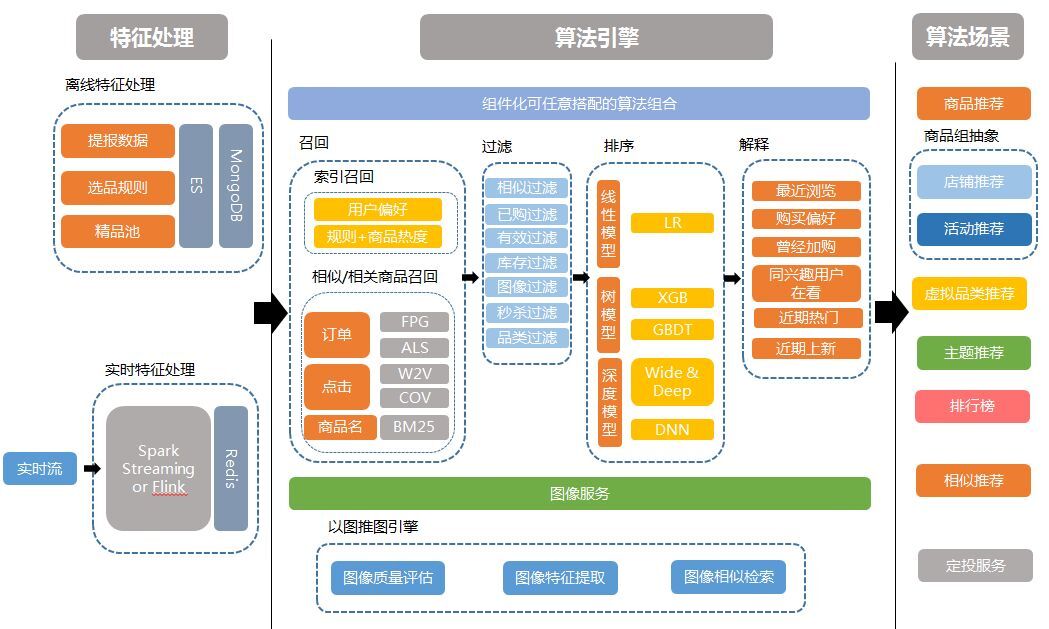文末有惊喜
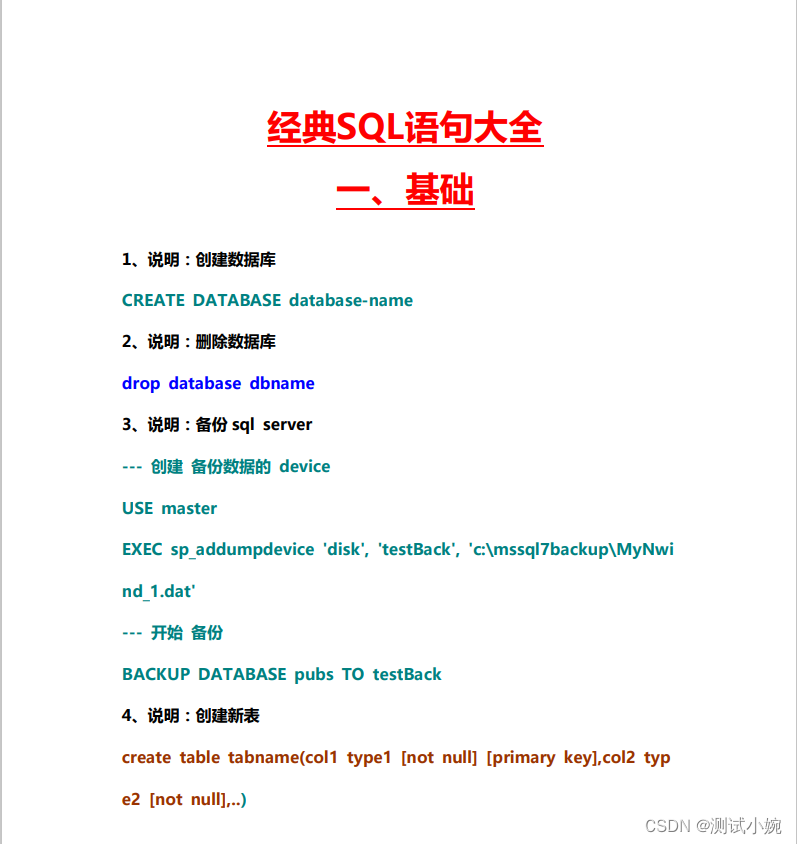
为一个软件测试工程师,我们在测试过程中往往需要对数据库数据进行操作,但是我们的操作大多以查询居多,有时会涉及到新增,修改,删除等操作,所以我们其实并不需要对数据库的操作有特别深入的了解,以下是我在工作过程中整理的比较常用的SQL语句。
1.插入表数据:
insert into 表名1 (字段1,字段2) values(字段1值,字段2值);
2.删除表数据:
delete:delete from 表名1 where 范围(删除表内符合条件的内容)
delete from 表名1(清空数据表内容,不释放空间,即:下次插入表数据,id依然接着删除数据的id继续增加)
truncate:truncate table 表名1(清空表数据,释放空间,即:下次插入表数据,id从1重新开始)
drop:drop table 表名1(整张表被删除,要使用该表必须重新建)
3.修改表数据:
update 表名1 set 字段名 = ‘新值’ where 范围
4.查询表数据:
查询数据:select * from table1 where 范围
总数:select count (*) from table1 where 范围
select count (distinct(字段1) from table1 where 范围(distinct可去重)
求和:select sum (字段1) from table1 where 范围
平均:select avg (字段1) from table1 where 范围
最大:select max (字段1) from table1 where 范围
最小:select min (字段1) from table1 where 范围
排序:select * from table1 where 范围 order by 排序字段名 desc(desc逆序排序。默认是正序排序asc)
5.复杂查询:
嵌套查询:多个查询语句嵌套在一起查询,一般嵌套的查询语句放在where 或 having 的后面
例:
select * from table1 where status in(select status from table2)
多表连接查询:
table1:
| id | username |
| 1 | 张三 |
| 2 | 李四 |
| 3 | 王二 |
table2:
| id | job |
| 1 | teacher |
| 2 | student |
| 4 | worker |
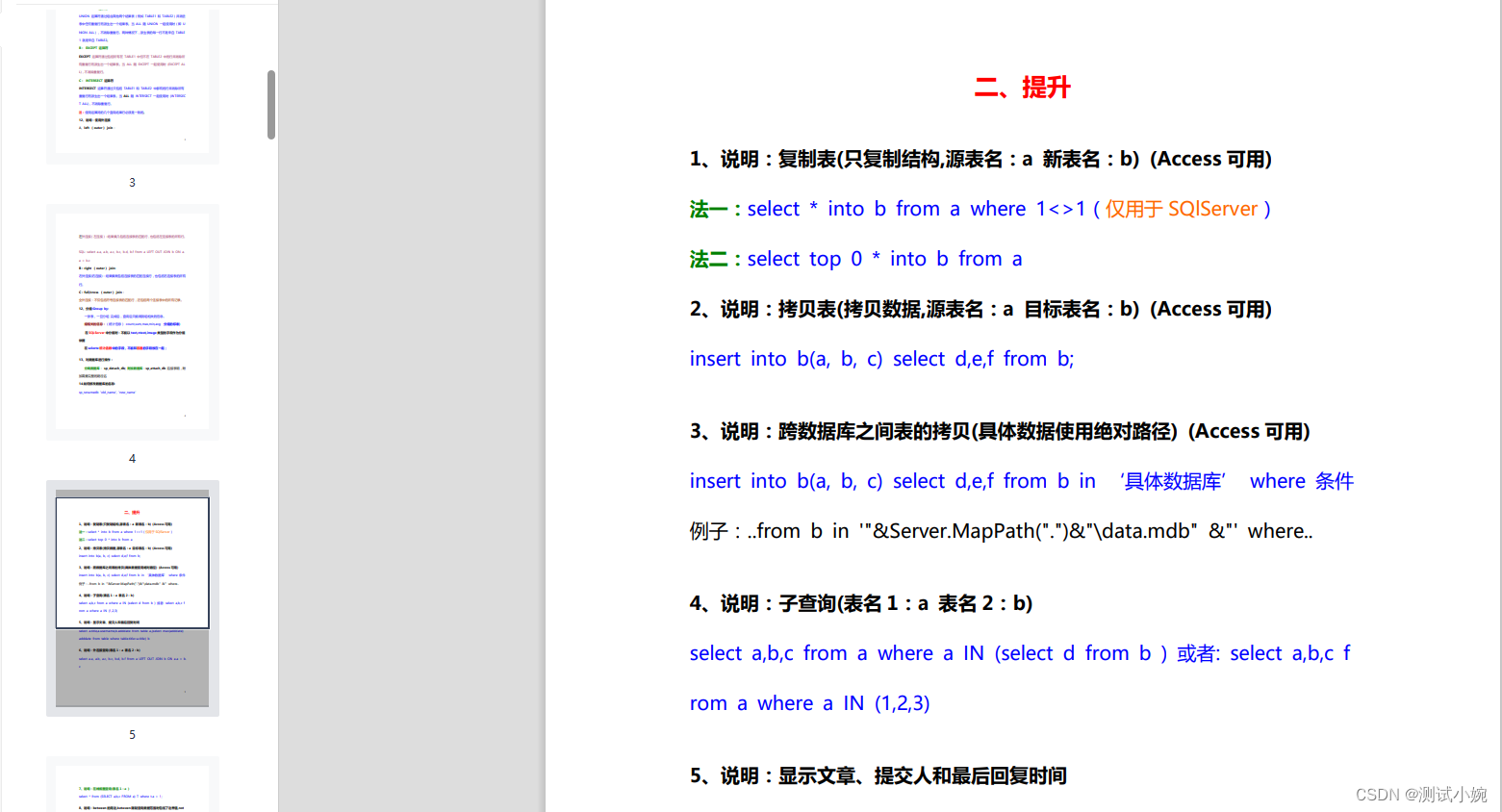
(1)内联查询(inner join……on……)
select * from table1 a inner join table2 b on a.id=b.id
查询结果:
| id | username | id | job |
| 1 | 张三 | 1 | teacher |
| 2 | 李四 | 2 | student |
(2)左外联(left outer join……on……)
select * from table1 a left outer join table2 b on a.id=b.id
查询结果:
| id | username | id | job |
| 1 | 张三 | 1 | teacher |
| 2 | 李四 | 2 | student |
| 3 | 王二 | null | null |
(3)右外联(right outer join……on……)
select * from table1 a right outer join table2 b on a.id=b.id
| id | username | id | job |
| 1 | 张三 | 1 | teacher |
| 2 | 李四 | 2 | student |
| null | null | 4 | worker |
(4)全外联(full outer join……on……)
select * from table1 a full outer join table2 b on a.id=b.id
| id | username | id | job |
| 1 | 张三 | 1 | teacher |
| 2 | 李四 | 2 | student |
| 3 | 王二 | null | null |
| null | null | 4 | worker |
6.group by分组
根据某一个或多个列表字段进行分组统计。
table1:
| id | name | course | score |
| 1 | 张一 | Chinese | 80 |
| 2 | 张二 | Chinese | 60 |
| 3 | 张三 | math | 65 |
| 4 | 张三 | Chinese | 70 |
| 5 | 张一 | math | 90 |
查询每个用户的最高成绩:
select name,max(score) as max_score from table1 group by name
查询结果:先按用户名分组,再在每个组中查询找到最高分数
| id | name | max_score |
| 1 | 张一 | 90 |
| 2 | 张二 | 60 |
| 3 | 张三 | 70 |
查询全班每科课程平均分
select course,avg(score) as avg_score from table1 group by course
查询结果:先按课程分组,再在每个组中查询找到平均分数
| id | course | avg_score |
| 1 | chinese | 70 |
| 2 | math | 77.5 |
having的用法:同where用法,having与group by连用。where是筛选单个记录,having是筛选分组记录(先分组,后筛选)
作为一个初中级测试人员,一般情况下拥有以上的数据库知识就可以满足大部分的测试需要了。
最后:
感谢每一个认真阅读我文章的人!!!
我个人整理了我这几年软件测试生涯整理的一些技术资料,包含:电子书,简历模块,各种工作模板,面试宝典,自学项目等。欢迎大家点击下方名片免费领取,千万不要错过哦。
